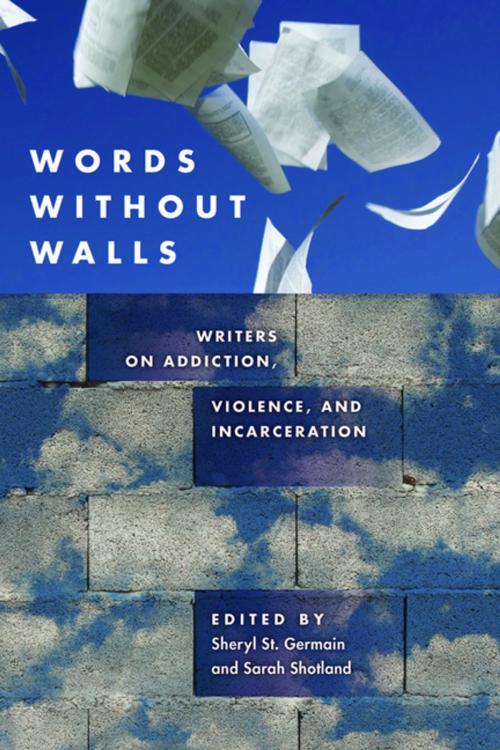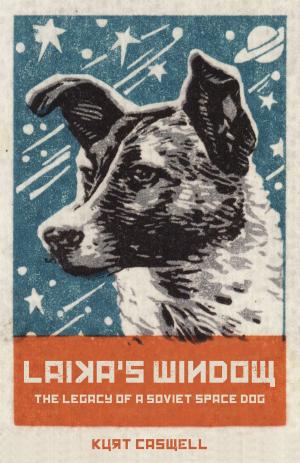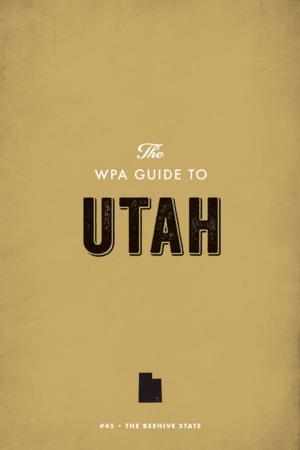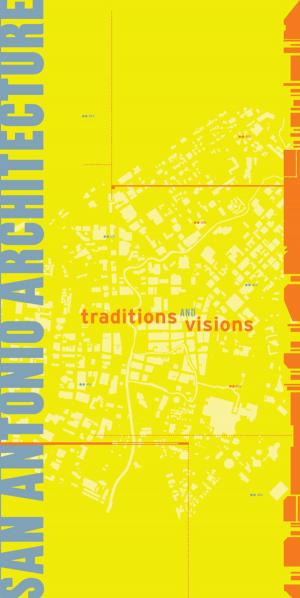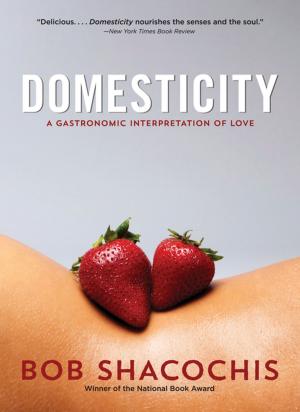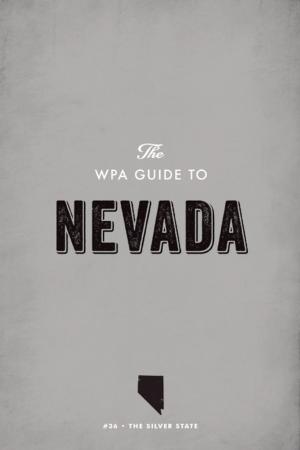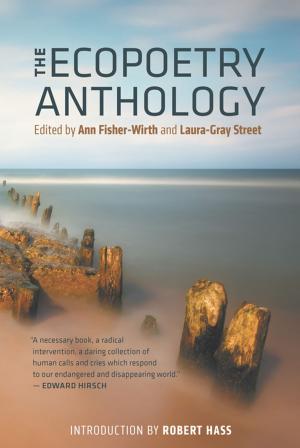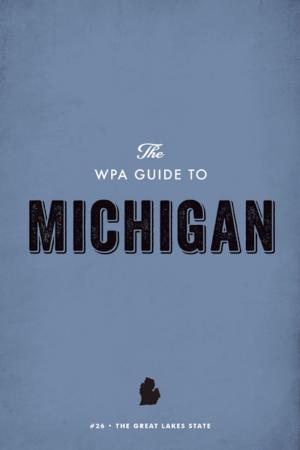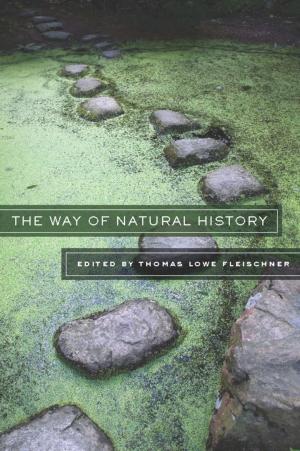Words without Walls
Writers on Addiction, Violence, and Incarceration
Nonfiction, Health & Well Being, Psychology, Addictions, Self Help, Self Improvement, Creativity, Reference & Language, Language Arts, Writing & Publishing, Composition & Creative Writing| Author: | ISBN: | 9781595342560 | |
| Publisher: | Trinity University Press | Publication: | March 10, 2015 |
| Imprint: | Trinity University Press | Language: | English |
| Author: | |
| ISBN: | 9781595342560 |
| Publisher: | Trinity University Press |
| Publication: | March 10, 2015 |
| Imprint: | Trinity University Press |
| Language: | English |
Writing programs in prisons and rehabilitation centers have proven time and again to be transformative and empowering for people in need. Halfway houses, hospitals, and shelters are all fertile ground for healing through the imagination and can often mean the difference for inmates and patients between just simply surviving and truly thriving. It is in these settings that teachers and their students need reading that nourishes the soul and challenges the spirit.
Words without Walls is a collection of more than seventy-five poems, essays, stories, and scripts by contemporary writers that provide models for successful writing, offering voices and styles that will inspire students in alternative spaces on their own creative exploration. Created by the founders of the award-winning program of the same name based at Chatham University, the anthology strives to challenge readers to reach beyond their own circumstances and begin to write from the heart.
Each selection expresses immediacy--writing that captures the imagination and conveys intimacy on the page--revealing the power of words to cut to the quick and unfold the truth. Many of the pieces are brief, allowing for reading and discussion in the classroom, and provide a wide range of content and genre, touching on themes common to communities in need: addiction and alcoholism, family, love and sex, pain and hope, prison, recovery, and violence.
Included is work by writers dealing with shared issues, such as Dorothy Alison and Jesmyn Ward, who write about families for whom struggle is a way of life; or Natalie Kenvin and Toi Derricotte, whose pieces reveal violence against women. Also included are writings by those who have spent time in prison themselves, such as Jimmy Santiago Baca, Dwayne Betts, Ken Lamberton, and Etheridge Knight. Eric Boyd ennobles the day he was released from jail. Stephon Hayes reflects on what he sees from his prison window. Terra Lynn evokes the experience of being put in solitary confinement.
Because in 2011 almost half of all prisoners in federal facilities were in for drug-related offenses, there are pieces by James Brown, Nick Flynn, and Ann Marlowe, who explore their own addiction and alcoholism, and by Natalie Diaz, Scott Russell Sanders, and Christine Stroud, who write of crippling drug abuse by family and friends.
These powerful excerpts act as models for beginning writers and offer a vehicle to examine their own painful experiences. Words without Walls demonstrates the power of language to connect people; to reflect on the past and reimagine the future; to confront complicated truths; and to gain solace from pain and regret. For students in alternative spaces, these writings, together with their own expressions, reveal the same intense desire to write and share one’s writing, found in the Russian poet Irina Ratushinskaya, who scratched her poems on bars of soap in a Gulag shower, or the Turkish poet Nazim Hikmet, who smuggled bits of poetry out of jail in the clothing of visiting friends.
Wole Soyinka, in solitary confinement forty years ago, wrote that creation is admission of great loneliness.” In these communal spaces, our loneliness is lessened, our vulnerability exposed, and our honesty tested, and through these revelatory writings students receive the necessary encouragement to share the whispering corners of their minds.
Words without Walls is a collection of more than seventy-five poems, essays, stories, and scripts by contemporary writers that provide models for successful writing, offering voices and styles that will inspire students in alternative spaces on their own creative exploration. Created by the founders of the award-winning program of the same name based at Chatham University, the anthology strives to challenge readers to reach beyond their own circumstances and begin to write from the heart.
Each selection expresses immediacy--writing that captures the imagination and conveys intimacy on the page--revealing the power of words to cut to the quick and unfold the truth. Many of the pieces are brief, allowing for reading and discussion in the classroom, and provide a wide range of content and genre, touching on themes common to communities in need: addiction and alcoholism, family, love and sex, pain and hope, prison, recovery, and violence.
Included is work by writers dealing with shared issues, such as Dorothy Alison and Jesmyn Ward, who write about families for whom struggle is a way of life; or Natalie Kenvin and Toi Derricotte, whose pieces reveal violence against women. Also included are writings by those who have spent time in prison themselves, such as Jimmy Santiago Baca, Dwayne Betts, Ken Lamberton, and Etheridge Knight. Eric Boyd ennobles the day he was released from jail. Stephon Hayes reflects on what he sees from his prison window. Terra Lynn evokes the experience of being put in solitary confinement.
Because in 2011 almost half of all prisoners in federal facilities were in for drug-related offenses, there are pieces by James Brown, Nick Flynn, and Ann Marlowe, who explore their own addiction and alcoholism, and by Natalie Diaz, Scott Russell Sanders, and Christine Stroud, who write of crippling drug abuse by family and friends.
These powerful excerpts act as models for beginning writers and offer a vehicle to examine their own painful experiences. Words without Walls demonstrates the power of language to connect people; to reflect on the past and reimagine the future; to confront complicated truths; and to gain solace from pain and regret. For students in alternative spaces, these writings, together with their own expressions, reveal the same intense desire to write and share one’s writing, found in the Russian poet Irina Ratushinskaya, who scratched her poems on bars of soap in a Gulag shower, or the Turkish poet Nazim Hikmet, who smuggled bits of poetry out of jail in the clothing of visiting friends.
Wole Soyinka, in solitary confinement forty years ago, wrote that creation is admission of great loneliness.” In these communal spaces, our loneliness is lessened, our vulnerability exposed, and our honesty tested, and through these revelatory writings students receive the necessary encouragement to share the whispering corners of their minds.
Writing programs in prisons and rehabilitation centers have proven time and again to be transformative and empowering for people in need. Halfway houses, hospitals, and shelters are all fertile ground for healing through the imagination and can often mean the difference for inmates and patients between just simply surviving and truly thriving. It is in these settings that teachers and their students need reading that nourishes the soul and challenges the spirit.
Words without Walls is a collection of more than seventy-five poems, essays, stories, and scripts by contemporary writers that provide models for successful writing, offering voices and styles that will inspire students in alternative spaces on their own creative exploration. Created by the founders of the award-winning program of the same name based at Chatham University, the anthology strives to challenge readers to reach beyond their own circumstances and begin to write from the heart.
Each selection expresses immediacy--writing that captures the imagination and conveys intimacy on the page--revealing the power of words to cut to the quick and unfold the truth. Many of the pieces are brief, allowing for reading and discussion in the classroom, and provide a wide range of content and genre, touching on themes common to communities in need: addiction and alcoholism, family, love and sex, pain and hope, prison, recovery, and violence.
Included is work by writers dealing with shared issues, such as Dorothy Alison and Jesmyn Ward, who write about families for whom struggle is a way of life; or Natalie Kenvin and Toi Derricotte, whose pieces reveal violence against women. Also included are writings by those who have spent time in prison themselves, such as Jimmy Santiago Baca, Dwayne Betts, Ken Lamberton, and Etheridge Knight. Eric Boyd ennobles the day he was released from jail. Stephon Hayes reflects on what he sees from his prison window. Terra Lynn evokes the experience of being put in solitary confinement.
Because in 2011 almost half of all prisoners in federal facilities were in for drug-related offenses, there are pieces by James Brown, Nick Flynn, and Ann Marlowe, who explore their own addiction and alcoholism, and by Natalie Diaz, Scott Russell Sanders, and Christine Stroud, who write of crippling drug abuse by family and friends.
These powerful excerpts act as models for beginning writers and offer a vehicle to examine their own painful experiences. Words without Walls demonstrates the power of language to connect people; to reflect on the past and reimagine the future; to confront complicated truths; and to gain solace from pain and regret. For students in alternative spaces, these writings, together with their own expressions, reveal the same intense desire to write and share one’s writing, found in the Russian poet Irina Ratushinskaya, who scratched her poems on bars of soap in a Gulag shower, or the Turkish poet Nazim Hikmet, who smuggled bits of poetry out of jail in the clothing of visiting friends.
Wole Soyinka, in solitary confinement forty years ago, wrote that creation is admission of great loneliness.” In these communal spaces, our loneliness is lessened, our vulnerability exposed, and our honesty tested, and through these revelatory writings students receive the necessary encouragement to share the whispering corners of their minds.
Words without Walls is a collection of more than seventy-five poems, essays, stories, and scripts by contemporary writers that provide models for successful writing, offering voices and styles that will inspire students in alternative spaces on their own creative exploration. Created by the founders of the award-winning program of the same name based at Chatham University, the anthology strives to challenge readers to reach beyond their own circumstances and begin to write from the heart.
Each selection expresses immediacy--writing that captures the imagination and conveys intimacy on the page--revealing the power of words to cut to the quick and unfold the truth. Many of the pieces are brief, allowing for reading and discussion in the classroom, and provide a wide range of content and genre, touching on themes common to communities in need: addiction and alcoholism, family, love and sex, pain and hope, prison, recovery, and violence.
Included is work by writers dealing with shared issues, such as Dorothy Alison and Jesmyn Ward, who write about families for whom struggle is a way of life; or Natalie Kenvin and Toi Derricotte, whose pieces reveal violence against women. Also included are writings by those who have spent time in prison themselves, such as Jimmy Santiago Baca, Dwayne Betts, Ken Lamberton, and Etheridge Knight. Eric Boyd ennobles the day he was released from jail. Stephon Hayes reflects on what he sees from his prison window. Terra Lynn evokes the experience of being put in solitary confinement.
Because in 2011 almost half of all prisoners in federal facilities were in for drug-related offenses, there are pieces by James Brown, Nick Flynn, and Ann Marlowe, who explore their own addiction and alcoholism, and by Natalie Diaz, Scott Russell Sanders, and Christine Stroud, who write of crippling drug abuse by family and friends.
These powerful excerpts act as models for beginning writers and offer a vehicle to examine their own painful experiences. Words without Walls demonstrates the power of language to connect people; to reflect on the past and reimagine the future; to confront complicated truths; and to gain solace from pain and regret. For students in alternative spaces, these writings, together with their own expressions, reveal the same intense desire to write and share one’s writing, found in the Russian poet Irina Ratushinskaya, who scratched her poems on bars of soap in a Gulag shower, or the Turkish poet Nazim Hikmet, who smuggled bits of poetry out of jail in the clothing of visiting friends.
Wole Soyinka, in solitary confinement forty years ago, wrote that creation is admission of great loneliness.” In these communal spaces, our loneliness is lessened, our vulnerability exposed, and our honesty tested, and through these revelatory writings students receive the necessary encouragement to share the whispering corners of their minds.
